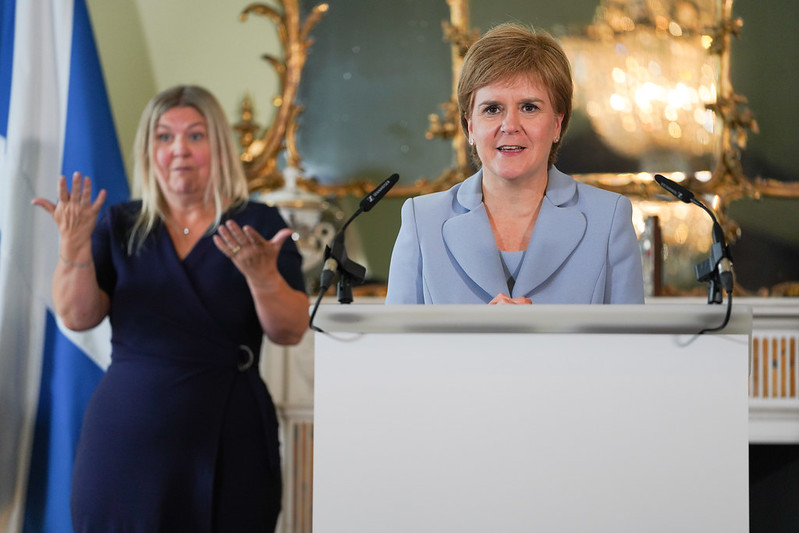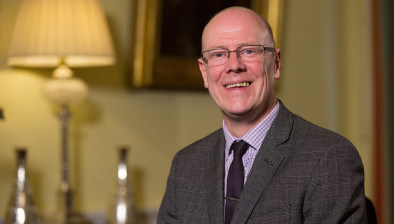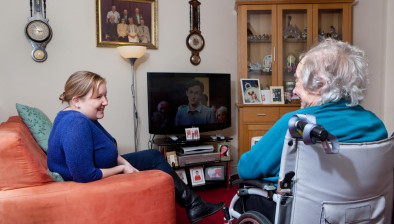FM chairs resilience meeting amid health and social care pressures

First Minister Nicola Sturgeon has chaired a meeting of the Scottish Government resilience committee (SGoRR) to discuss the response to ongoing winter pressures on the health and social care system.
In addition to the FM, the meeting on Friday was attended by Deputy First Minister John Swinney, health secretary Humza Yousaf, other cabinet ministers, and key partners from across the system including senior representatives from NHS Boards, COSLA, Integration Joint Boards and the Scottish Ambulance Service.
The latest situation with flu and COVID-19 infections was covered, along with the increased demands on acute sites and social care which have been experienced over the Christmas and New Year period.
A number of measures are being taken to alleviate pressures on the system, improve patient flow and ensure people receive the right care in the right setting. These include the use of Flow Navigation Centres as part of the redesign of urgent care, Hospital at Home and ambulance service staff providing treatment, where appropriate, to help avoid hospital admission.
The health secretary will update parliament at the earliest opportunity on ongoing work to support the system, and further resilience meetings will be held to monitor the situation in the coming days and weeks as required.
The First Minister said: “It is clear that health and social care is currently experiencing a period of intense and indeed unprecedented pressure. Staff are working exceptionally hard and have been doing so throughout the Christmas and New Year period. This comes after nearly three years of pandemic-related demands on the system, and we are all incredibly grateful to them for their efforts.
“I am clear that the Scottish Government must and will do everything it can to support our health and care service throughout the next few weeks. We remain in daily contact with health boards and there is already a huge amount of work being done, but we will leave no stone unturned to explore and implement any additional measures that could be taken to help alleviate pressures. With that in mind, we will continue to work with all partners to implement actions that can help ensure the workforce is supported to deliver the high standards of care that we want everyone to receive.
“This will include actions to reduce unnecessary attendances at A&E - ensuring people get care in more appropriate settings, and those who need hospital care get it quickly, and also on effective discharge arrangements to reduce pressure on hospital occupancy. My thanks go to all those working incredibly hard across the whole health and care system during this period of exceptional pressure.”









